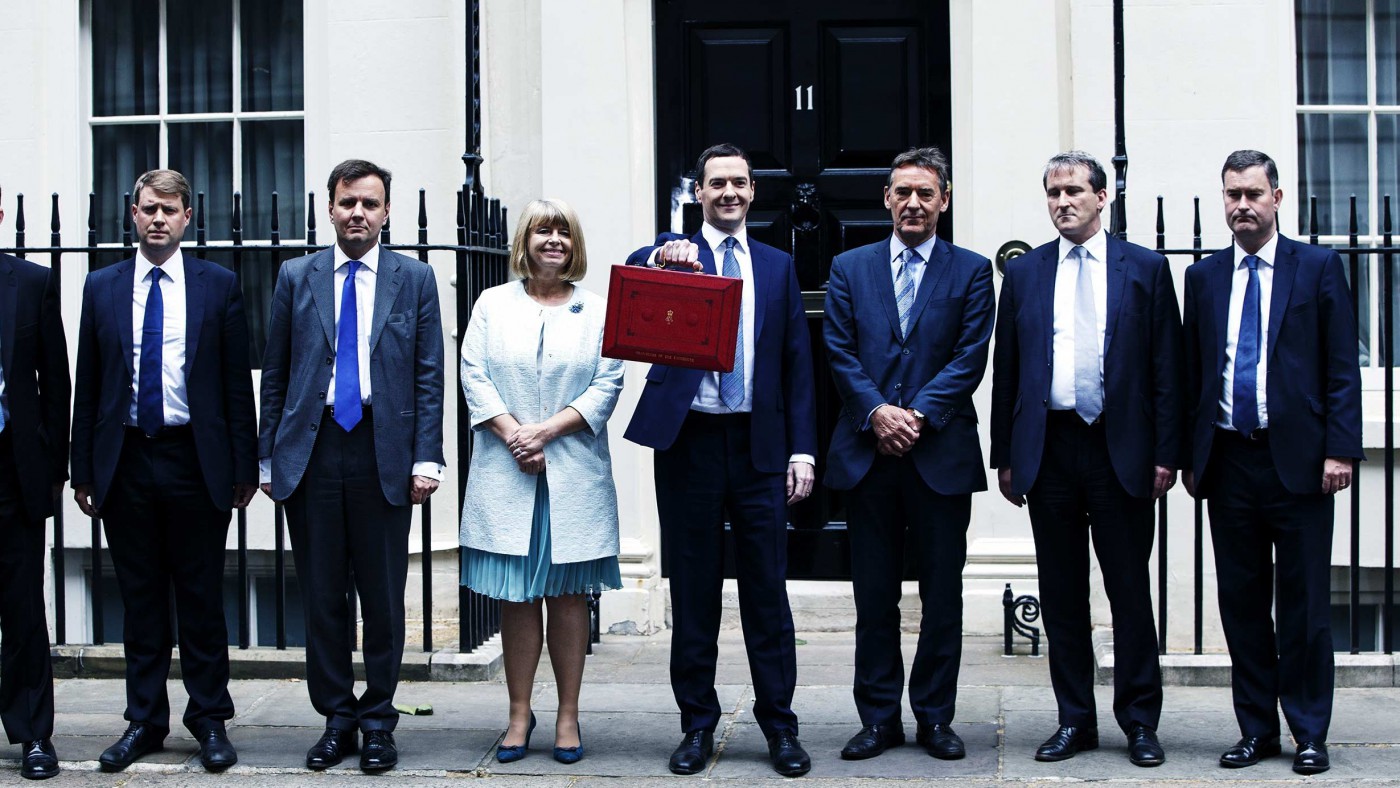This is a complex budget, but it has a simple core and common theme. George Osborne wants to use the tax and benefits system not only to promote economic changes but also cultural ones, which are even more important. Although the British economy is recovering, there are still three related problems. The first is low productivity. The second, unemployment: any kid will a willing attitude can get off a bus from Poland and walk into a job in London. So why are 1.75 million Brits unemployed? The third, the North/South divide. While the London economy is roaring ahead, great Northern cities are still languishing. That brings us to the common theme: animal spirits. This budget sets out to set them free.
That creates an immediate intellectual – and even moral – hazard: too much complexity can mean too much interference. George Osborne is like a car mechanic, rummaging under the bonnet to find out why the car will not go faster. But you cannot treat a £1.8 trillion economy as if it were a motor car. Gordon Brown thought otherwise. It was as if he wanted to be in every business, every classroom, every surgery, telling everyone how to do their jobs better. The first consequence: budgets of hideous complexity, in which he tried to use the finance bill to promote his micro-management fantasies. The second consequence: Tolley’s tax manual more than doubled in size. To be fair to Mr Brown, he never set out to make friends. Yet he might have had more of them than he realised, among tax accountants and tax lawyers.
George Osborne did not alienate many of them today. As his budget unfolded, leaving laymen confused and confounded, one can imagine the tocsin sounding in accountants’ and solicitors’ offices: “all leave cancelled until further notice”. But those confined to barracks will hardly be complaining, at the hourly rates which they will charge.
We should also be fair to Mr Osborne. One result of Gordon Brown’s manic drive for complexity is a tax-credit system which no-one understands, and is in danger of sweeping almost all working families into its maw. There ought to be a simple principle. Those in work should earn enough to live decently, especially when assisted by very low taxes on low incomes. To introduce subsidies for working families is a serious economic distortion. Once that has happened, it is not easy to unscramble. Today, George Osborne made a start. That will not be the end of the process.
There is another difficulty, at the other end of the income scale. For more than fifty years after the War, Britain had a harshly redistributive tax system, which threatened the rich with confiscation. With the help of accountants and lawyers, a surprising number of well-off families were able to survive. That may now be harder, when Her Majesty’s Revenue and Customs are being encouraged to block every loophole – while a Tory Chancellor of the Exchequer uses “tax planning” as a pejorative.
In his green and salad days, before the banking crisis, George Osborne was attracted to the idea of a flat tax. One can understand why. Lafferism works. Arthur Laffer argued that lower tax receipts can produce higher tax revenues, and the evidence in favour of him has accumulated.
George Osborne announced that the rich were paying a higher proportion of tax revenues than they were in 2010. His traditional supporters might have felt that this was a strange boast from a Tory Chancellor, yet he could have gone further. The rich are paying almost the same proportion as they were in 1979, when the top tax rate was 98 percent – and the actual sum involved is vastly higher. There is an obvious conclusion: abolish the 45 percent rate, raise the 40 percent one to, say, £100,000, harmonise capital gains tax with the standard rate of income tax – and abolish death duties, as in Australia and Sweden.
If those changes led to a one per cent increase in GDP, they would pay for themselves in eighteen months. That really would be a way of liberating animal spirits. One can understand why Mr Osborne held back. Welfare cuts are a higher priority. But it is a matter for regret than the top rate of tax in the UK is now higher than it was during almost the entire thirteen years of Labour government.


